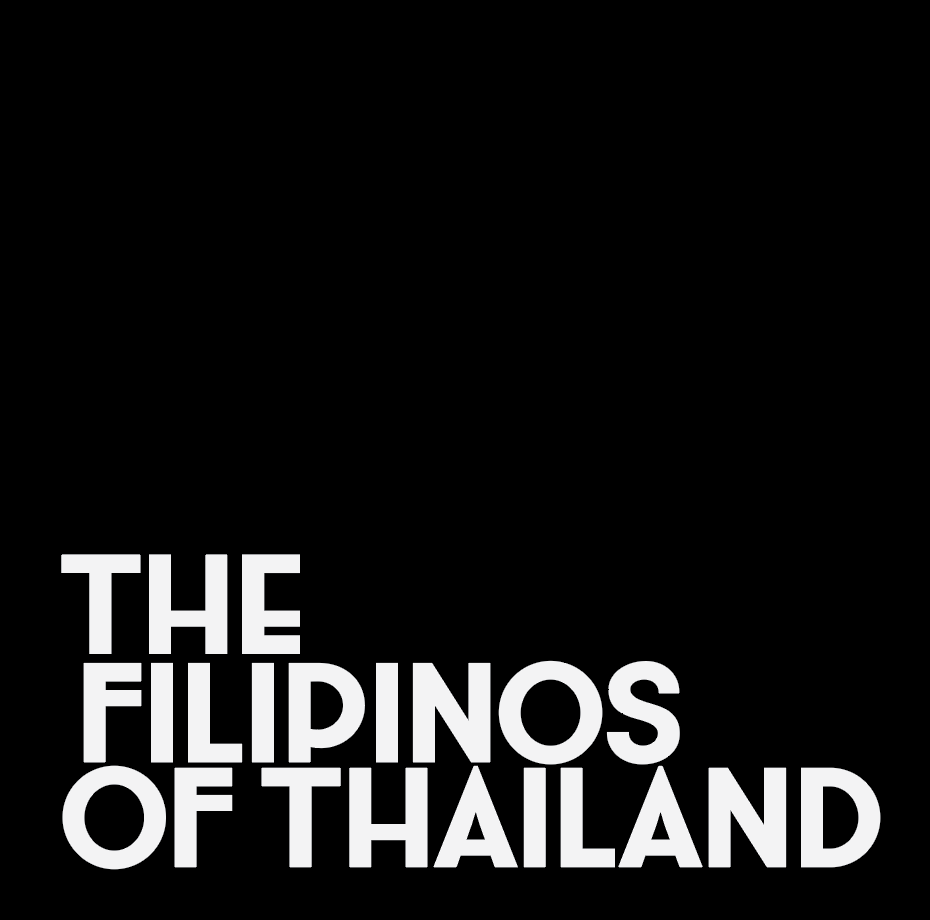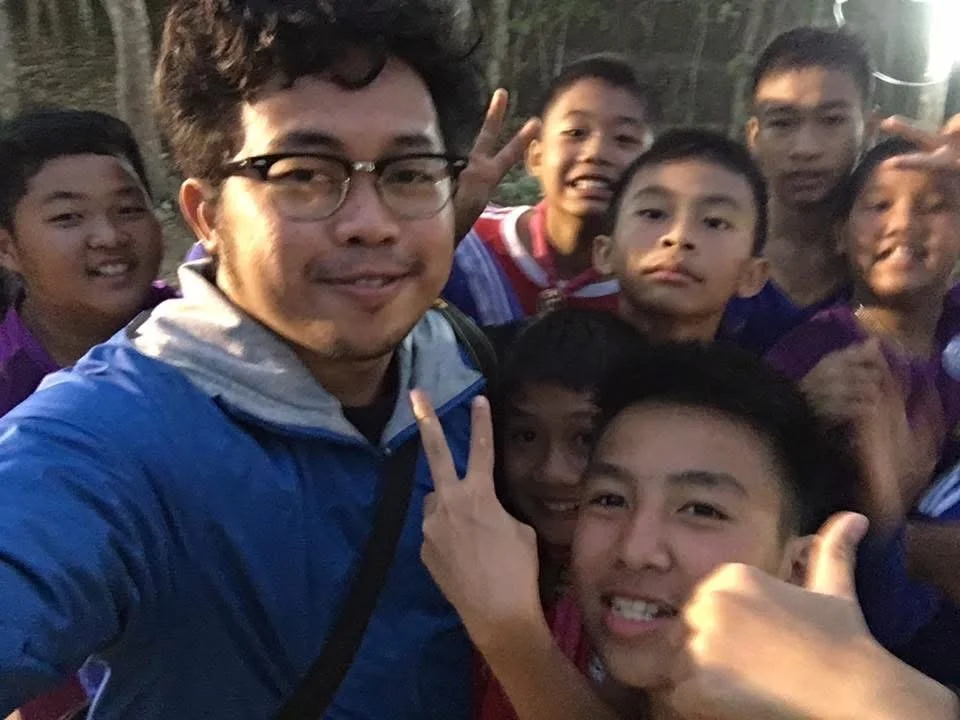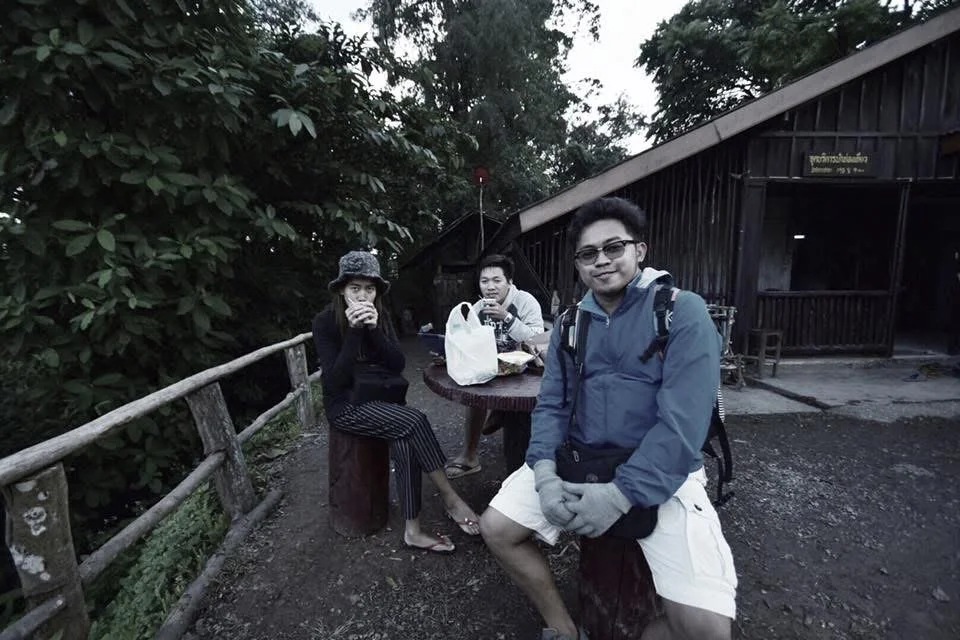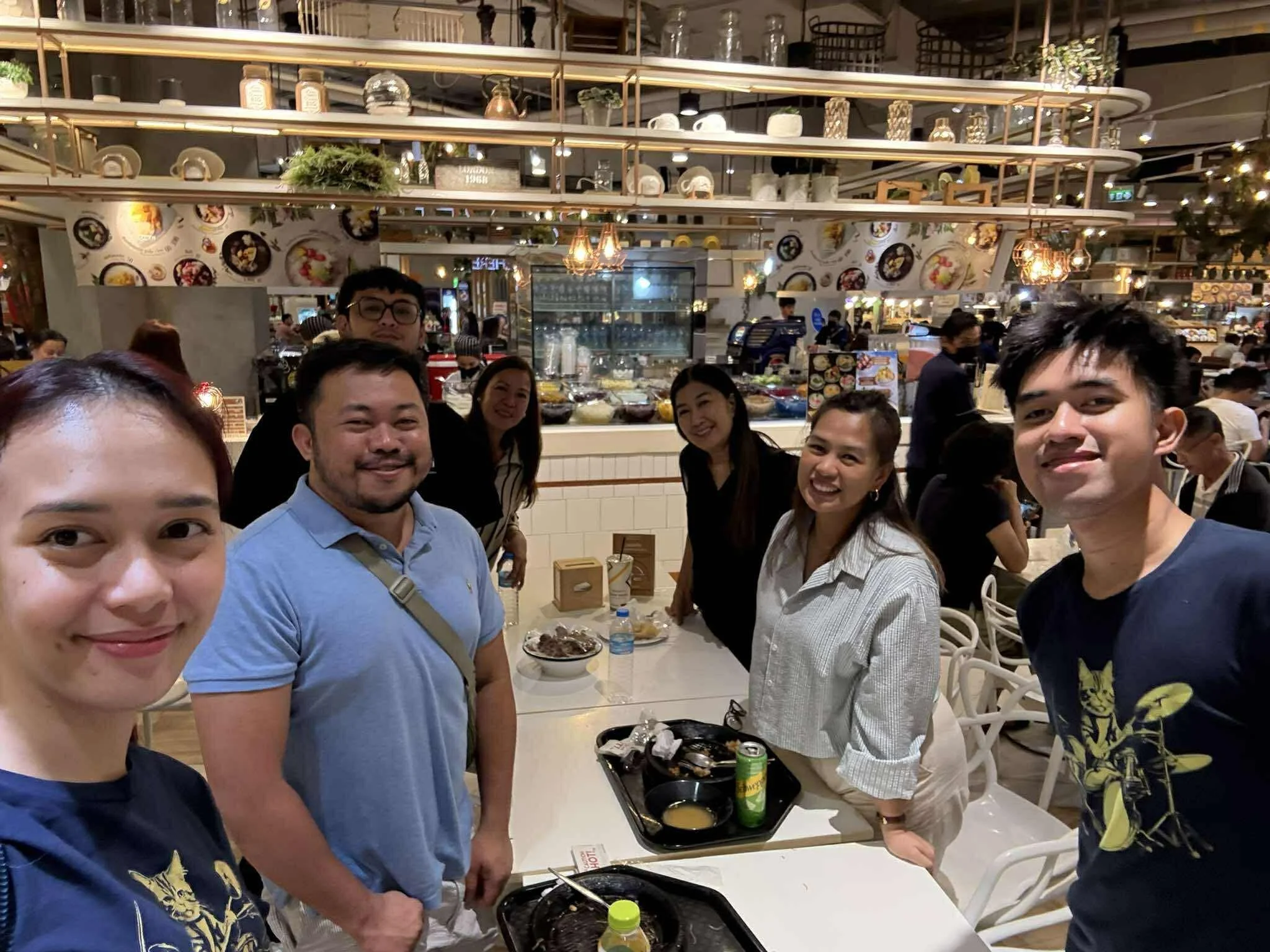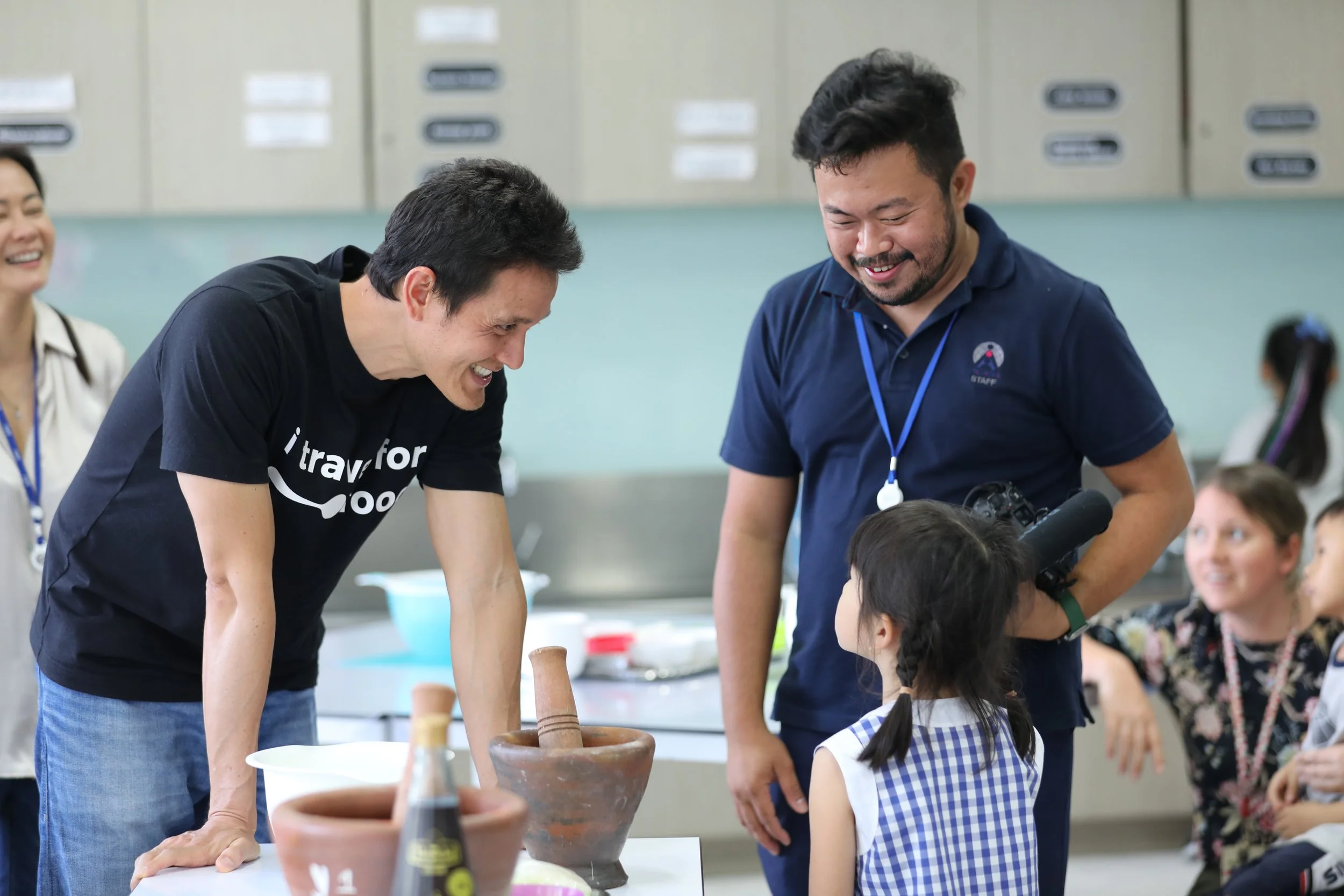Carrying Kapwa Across Borders: A Filipino Storyteller’s Life in Thailand
“I grew up in the mountains of Tanay, Rizal. My backyard was fog in the mornings, birds nesting in the trees, and sunsets you could not forget even if you tried. Back then, I did not have a camera. But I had eyes that noticed everything, the way light filtered through banana leaves, the way rain smelled before it fell.
Even before I was grown up, I already had international friends. Those early friendships opened my mind to different cultures and ways of thinking. They made me a global citizen long before I understood the term. I learned how to listen, how to adapt, and how to see the world through more than one lens.
I studied business because it felt practical. I worked office jobs in the Philippines. But I always felt this pull toward telling stories, not just with words but with images. When the opportunity came to move to Thailand, I took it. I ended up in Nan, a quiet province in the north, teaching English to kids in a small community school. That year changed me. It taught me that stories are not always about grand events. Sometimes they are in the way a farmer looks at his field at sunrise, or the way kids laugh even when they have nothing.
Being Filipino means carrying the culture of kapwa tao wherever I go. It is this deep sense of shared humanity, of seeing yourself in others, that makes us blend easily into any culture. In Thailand, I see it when I can connect with people without words, when I can respect their traditions while sharing my own. It is in the way we adapt, not by losing who we are, but by finding common ground.
Faith and community have been my anchor as I navigate life away from home. I am surrounded by Christian men who love me and keep me accountable. Their support reminds me of who I am and grounds me when life gets complicated. But being away comes with its own heartaches. My family is scattered across different countries. My brother is in Belgium. My sister is in the Philippines. We live in different time zones, so Christmases and holidays are not the same. We celebrate on different days, sometimes over a video call. It is never quite like being together.
Now I am in Bangkok, working as a Digital Media Specialist at a British international school. It is a truly international environment, and living in it has given me yet another identity shaped by global citizenship. Sometimes that identity feels like a whole different version of me. I have learned to code switch between my international self, my Filipino self, and my Thai self so quickly that it sometimes confuses me. Each switch brings a different tone, a different way of speaking, a different energy. It is not something language alone can explain. It is in the gestures, the pauses, the humor, the way I adjust my presence in a room.
Filmed Mark Wiens making Som Tum with the Year 1 students.
Whether I admit it or not, Thailand is now home. I do not see myself living in the Philippines anytime soon. It is not because life here is easier or better, but because I feel a sense of purpose here. I feel planted here.
I used to think I needed to wait until National Geographic called my name before I could say I had made it. But I have learned I do not need permission to pursue my passion. I am already doing it. Every photo I take carries a piece of the Philippines, our warmth, our colors, our resilience.
In the end, it is not just about me being Filipino in Thailand. It is about showing that beauty is everywhere. You just have to look for it and share it.”
